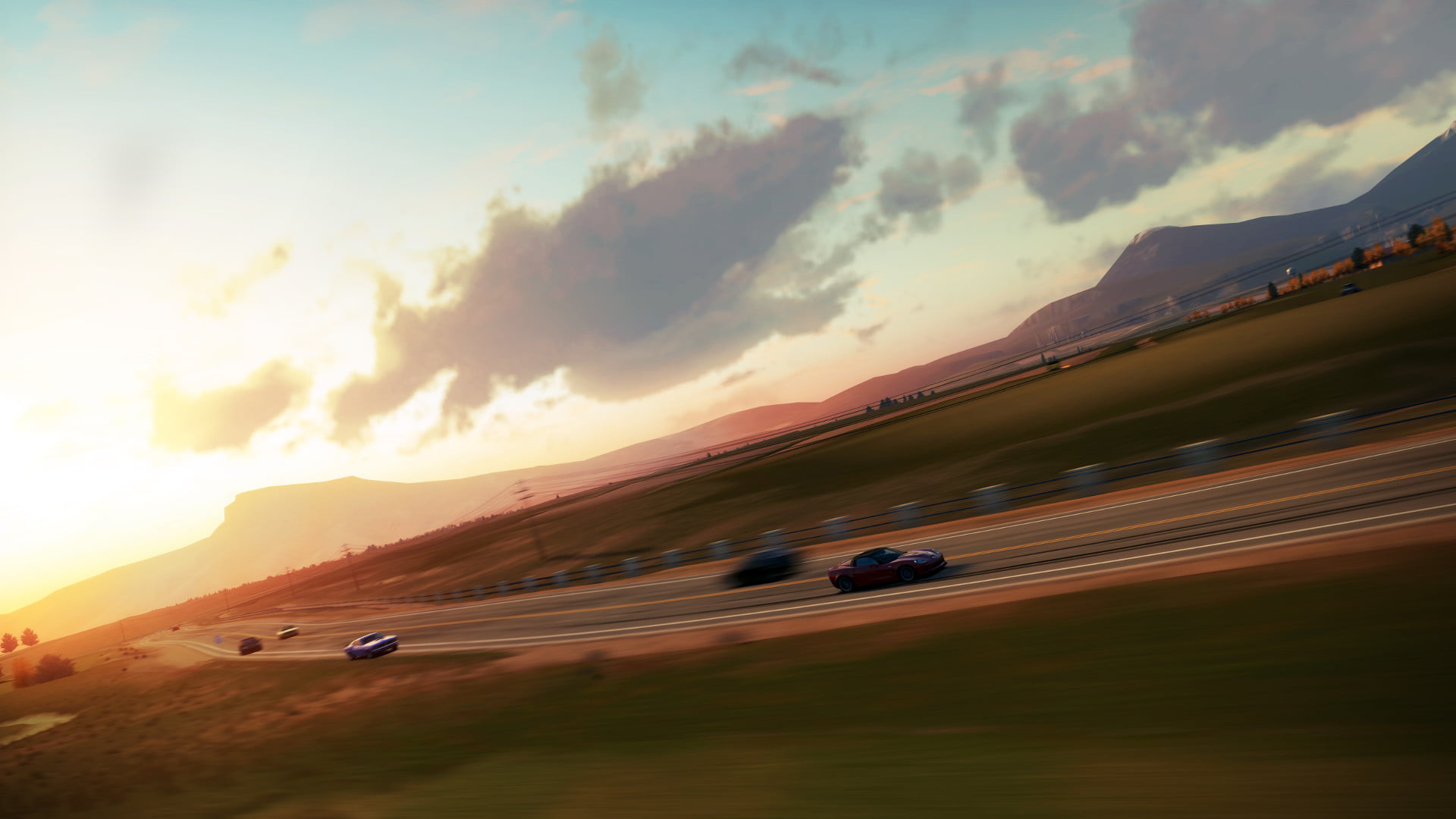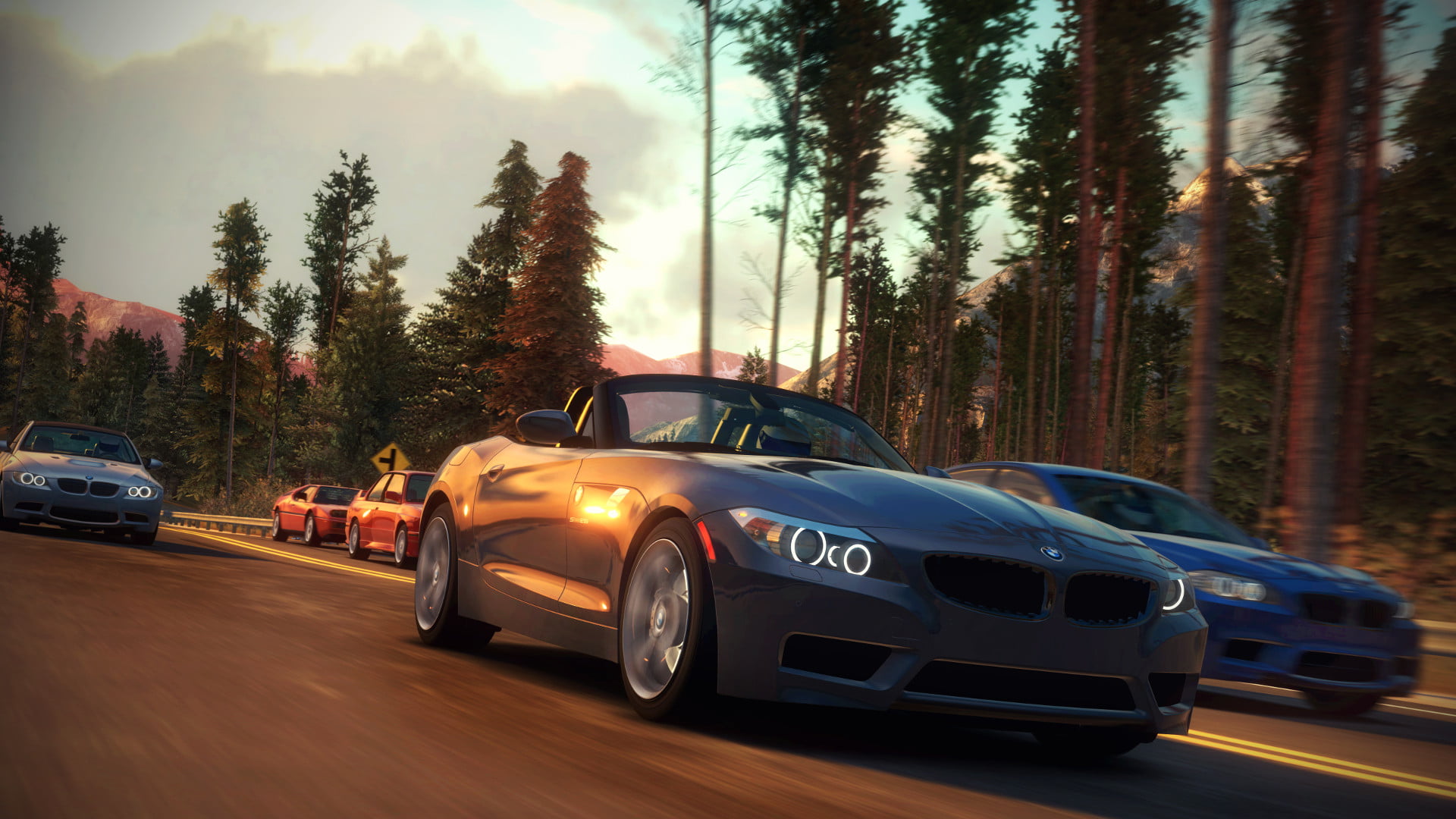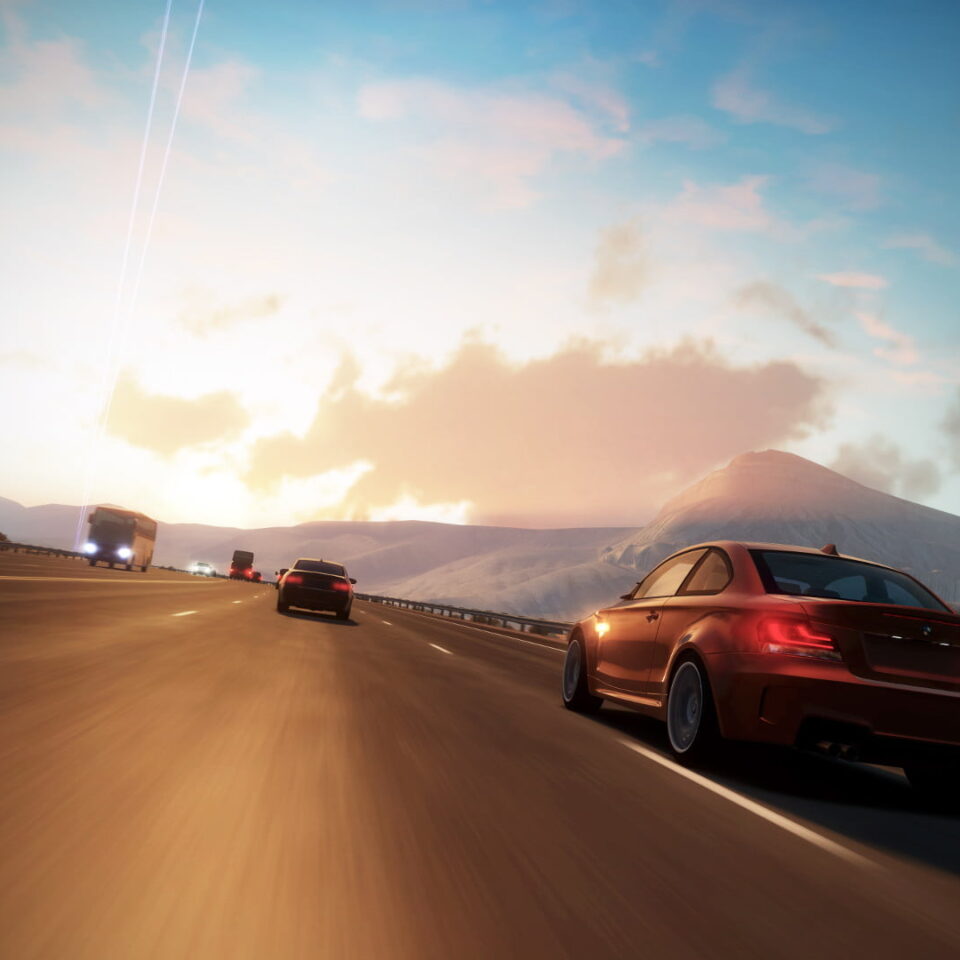I watched the world flash by through the backseat window of a four-door sedan.
As a child, I grew up in the northeastern United States, and my family would often conduct weekend excursions carving through the landscape’s rustic, autumnal vistas. I remember the creaking wooden bridges reaching across hushed creeks along the Connecticut River Valley. Sightseers looking to escape the steel and concrete urban canyons of New York City or New Jersey would venture outside the city and unhurriedly drive through the scenic routes of the Northeast’s state parks. Folks often joked about city dwellers in awe of the autumnal colours offered by the sylvan charms of Connecticut or New Hampshire: “We see that everyday on the way to Dunkin’ Donuts.” Such beauty often taken for granted.
On one particular summer we travelled upriver of the Hudson to Lake George and the foothills of the Adirondack Mountains, dipping through winding back roads through pastoral Appalachia like how I imagine early French fur traders discovering the natural beauty of the land. I distinctly remember placid lakefront views, greeting young eyes with glimmering waters reflecting distant mountain ranges blanketed with verdant thicket. These were earthen landscapes that were just as memorable as the actual destination, and these wistful memories of scenic wandering resurface when playing Playground Games’ 2012 effort Forza Horizon.
Racing games have always been an oversight in games writing, partly because it’s often difficult to write analytically and lyrically about a genre devoid of distinctive style (hence: generic), but also because critics simply snub racing games as uncomplicated fare. This kind of thinking is deceptive, disavowing the potential for stylistic authorship in any and all areas of video game craftsmanship.
Simply put, Forza Horizon boasts a confident, finely realised sense of style and setting more cultivated than even some AAA titles with an attempted overarching narrative and tone. Unlatching from the characteristic urban sprawls or nondescript racing circuits of comparable racing games, Horizon instead sets its eyes on a far more ambitious artistic project, seeking to paint a panoramic, open-world simulacrum of Colorado in broad strokes with the genre as its canvas.

What emerges is a microcosm of topographical and cultural landscapes, an expansive natural tapestry woven into the open road. Playground replicates the regional topography of Colorado with an eye for sublimity, emphasising sweeping grandeur and earthen aesthetics that elevate the experience beyond the typical genre sampling. A variety of environs organically abound: deserts, snow-capped mountains, quaint hamlets, rolling farmland, and even a modest urban town. Not only does Forza Horizon look and feel like a facsimile of Colorado, it channels the very spirit of the American open road.
Perhaps even more triumphant than the literal imitation of the entire country in Ivory Tower’s The Crew, Forza Horizon focuses on the mythic essence and tone of Americana roadways than the existent blacktop expanse. In short, it’s a nostalgic interpretation of the American road rather than a caricatured duplication.
Forza Horizon focuses less on the impassive, functional act of racing (that’s reserved for the Forza Motorsport series, excellent in far different ways) and more on the vigour and sensory pleasure of open-world scenic driving. This reshuffled motivation suggests why the claustrophobic lap races are left so wanting (and redolent of Motorsport more than anything) and why the sprawling point-to-point excursions feel boundless and exhilarating. But how do you capture the awe of a player racing past the environment at 200mph?
Well, Playground Games eyes the bigger picture, accentuating visuals that won’t speed by as quickly, like an unmoving mountain range looming in the distance or a pack of hot air balloons suspended motionless in the skyline.
There’s great, immediate beauty to be found in experiencing the open countryside as a veritable driving playground over the tighter confines of a cityscape. Burnout Paradise gestures at this natural sublime, launching the player at the start of the game in a sunlit urban spread and unraveling the experience to surrounding lakeshore turnpikes, mountain byways, and towns strewn throughout the even more expansive countryside geography.
The big picture is something wonderful to behold, but decelerating and eyeing the depth of the environment of a specific region uncovers little nuances and worthwhile nooks and crannies that demonstrate the lovingly detailed craft built into well-authored open-worlds. Forza Horizon contains expressive visuals in its minutiae as well, immersing the audience in a fully realised destination and extolling the fleeting sights of the road.
As in Paradise, Horizon envisages a world with cabins snugly planted in small mountain towns, inviting the promise of warmth and hot chocolate interiors. Backwoods dirt paths dip into handsome campground locales like the national parks of the United States, and snaky roadways carve through wind-swept canyons, dancing around a land speckled with rustic houses. Racing may be the invitation to play Forza Horizon, but the game’s real strengths lie in its capacity to rouse the player to simply absorb the landscape and leisurely drive.

There’s a mythic quality to the American two-lane blacktop, spurning contemplative road narratives as iconic as Easy Rider or On the Road. I imagine that the impulse towards mythic pilgrimages across the country’s flatlands stems from a long history of settlers moving westward across idyllic, sun-kissed fields and forging paths through mountainsides, the forests spilling over the sides.
American history is entangled with a culture of movement and natural awe; the open-world instinct to gently explore the map rewards curious players here. Rushing through tunnelled turnpikes that chisel through granite edifices or slingshotting across desert thoroughfares evocative of Vanishing Point galvanises the player’s imagination with images of natural awe and possibility, and it’s often easy to lose oneself in the moment and unlatch from the fundamental racing game trappings towards something greater.
Comparable games like Need for Speed: The Run tried but ultimately failed to capture a similar, distinctly American sense of sublime, almost mythic geographical grandeur, grounding itself in the cultural context of the fabled cannonball run interstate race but lacking Horizon’s intimacy with its natural world. Horizon is a game finely attuned to its landscapes; each aesthetic choice provides breathtaking wonder as lyrical as real-world American pastoral vistas. The varying provinces of the map allow a steady progression of natural contours. Pastel shades of an impressionist sky hang over the glint of orange glow on smooth, baked desert roadways that cede to forested mountain roads. The sunlight peeks through forest canopies and leaves rays of light on the tarmac, lights that guide the way.
The way forward leads to the titular Horizon festival in the crossroads of Colorado, and when night rises, the pulsating glimmer of the game’s ceaseless revelry is like America’s own beating heart. Forza Horizon is a celebration of America, of youth, and of the trance-like reverie of the road. Anyone who’s ever driven or ridden in an automobile can understand this collective experience of leisurely movement, where the act of travelling is the vacation itself. I remember sitting in the backseat of that four-door sedan and those stretches of summer without responsibilities, where days can go on forever.
There is no greater easygoing pleasure than the spontaneous weekend scenic drive, where friends pile into seats and just cruise, blasting the radio, and roaming the land. Here, the landscape speaks; it echoes the roar of engines.
From the archive: Features we love given new life. Miguel’s meditation on how the first Forza Horizon captured the spirit of road trips and of America was first published on February 20, 2015.







Most of the time I’ve spend in the United States has either been doing the tourist thing in New York City, or around DC, Maryland and Virginia for work – all of which are fairly flat and uninspiring landscapes – but you’ve made me want to get out and see the rest of it now.
the national parks are where it’s at.
Speaking of the national parks, a friend keeps threatening to take me for a weekend in the woods of the Pennsylvania Appalachians. I’m half-tempted, but it all sounds a little bit… Deliverance for my liking… maybe I will on your recommendation!